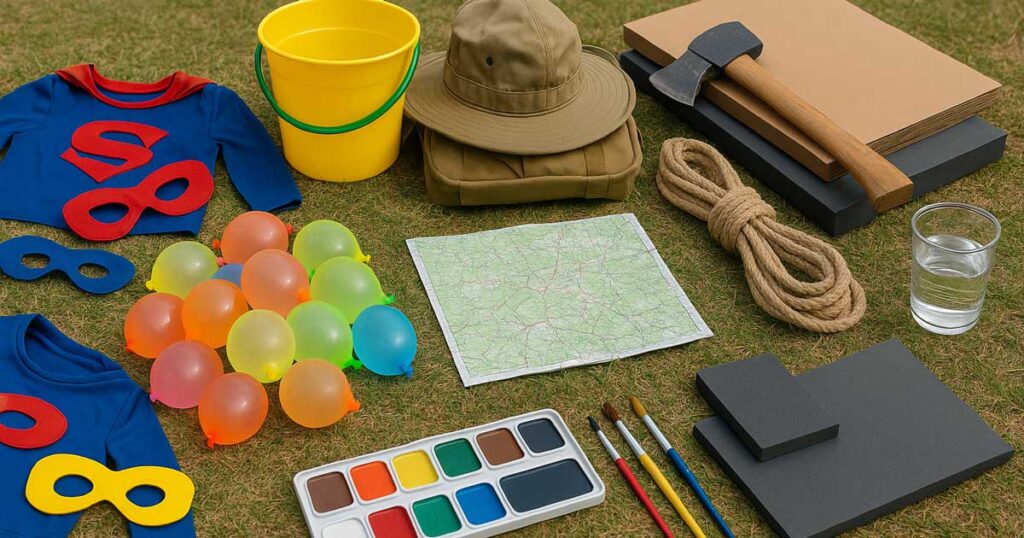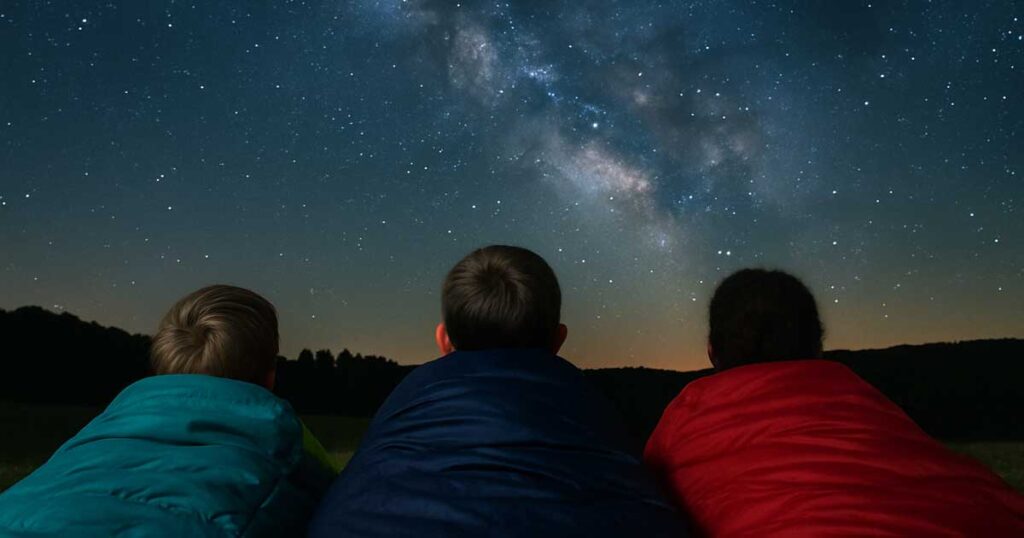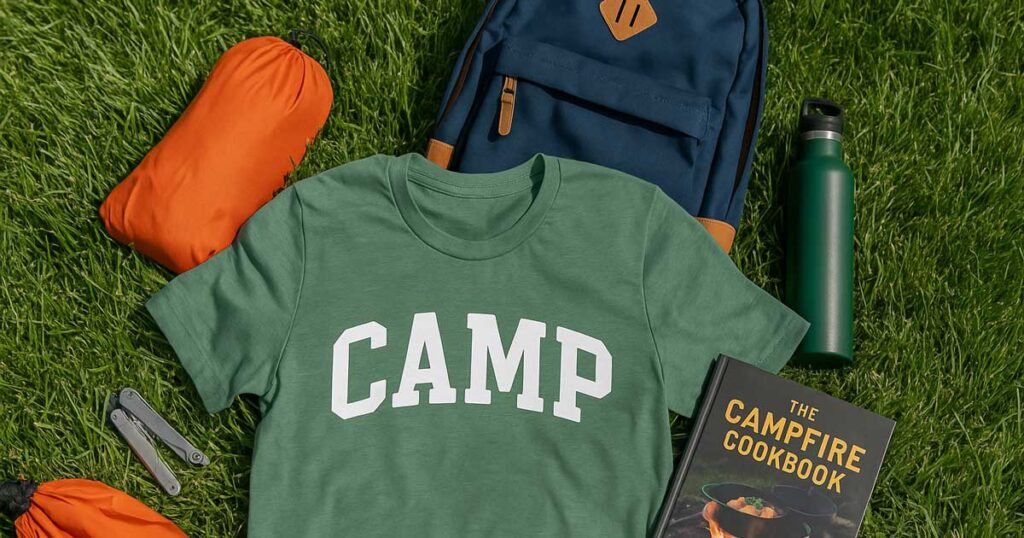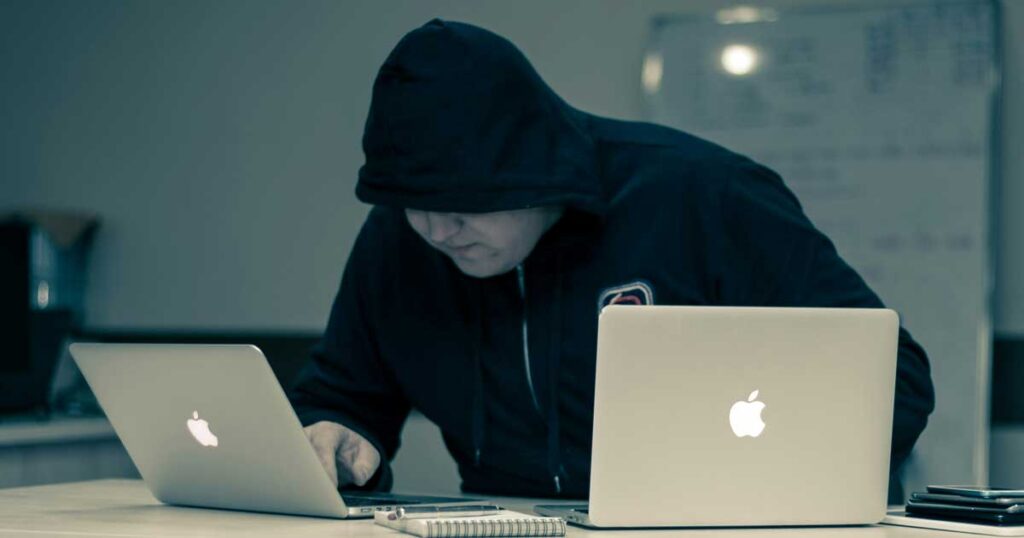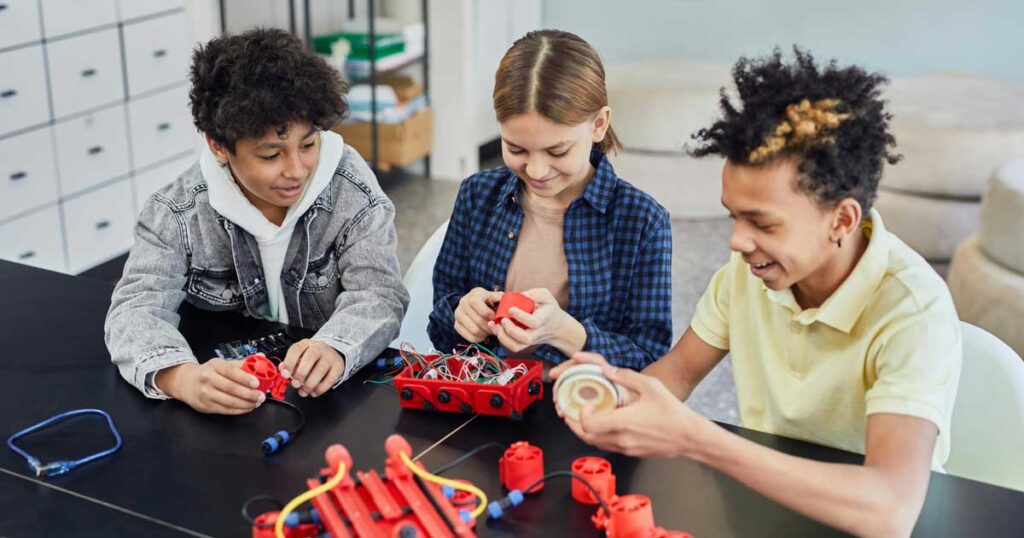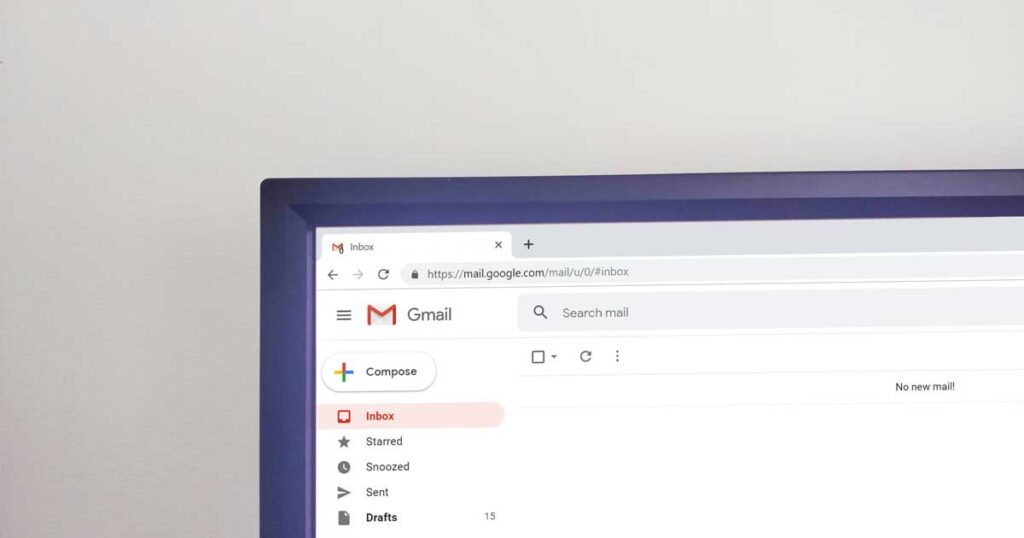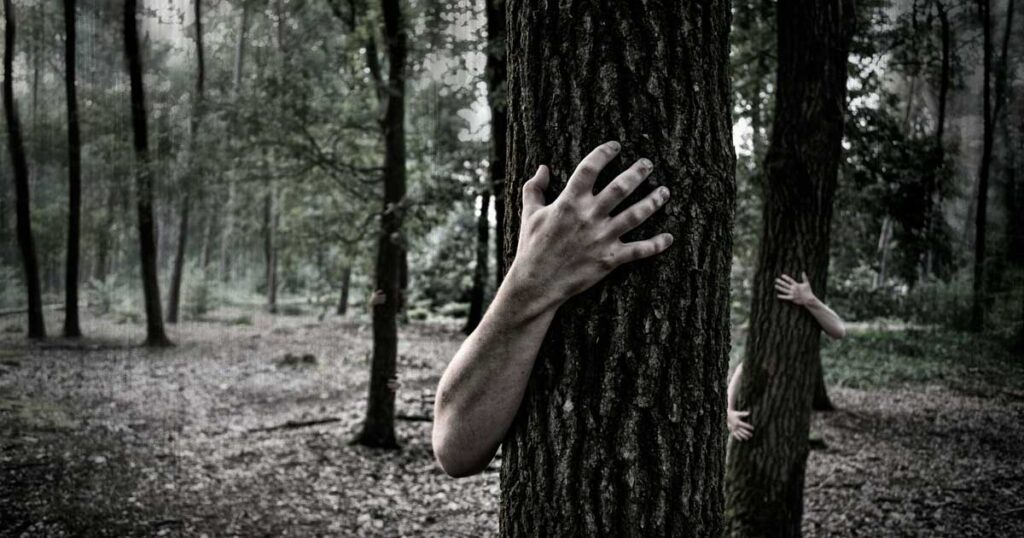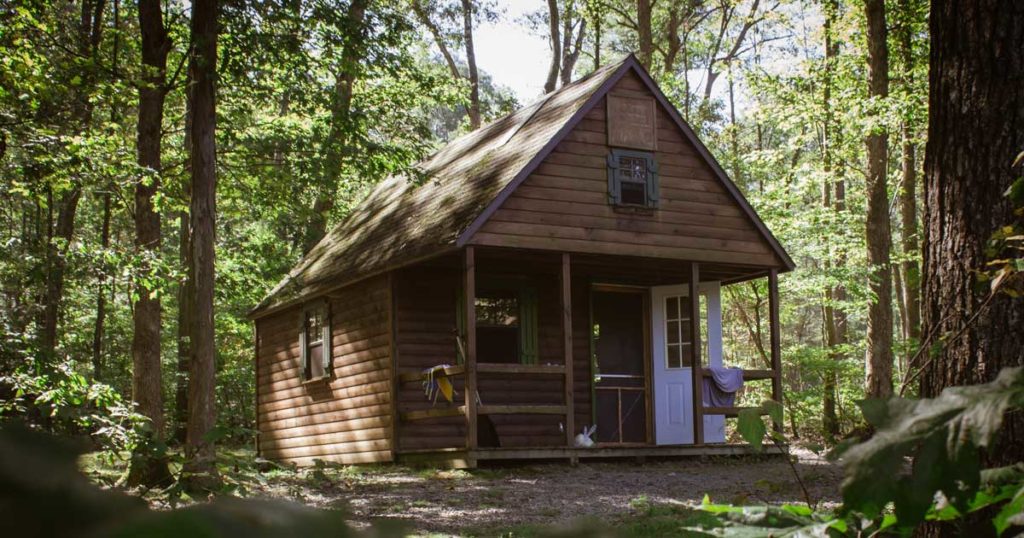Research & Resources
We’ve been in this beloved biz for a long time and we’ve learned a thing or two. Explore our insights, data and stories.
Together, we’ll elevate the industry.
Together, we’ll elevate the industry.
Featured Articles
Save this list of 27 activities to fill in your schedule and amp up the fun.
Everyone loves a theme! Here’s a few suggestions that campers are sure to get into.
Experts weigh in with creative activities and tips to help campers with ADHD have meaningful camp experiences.
